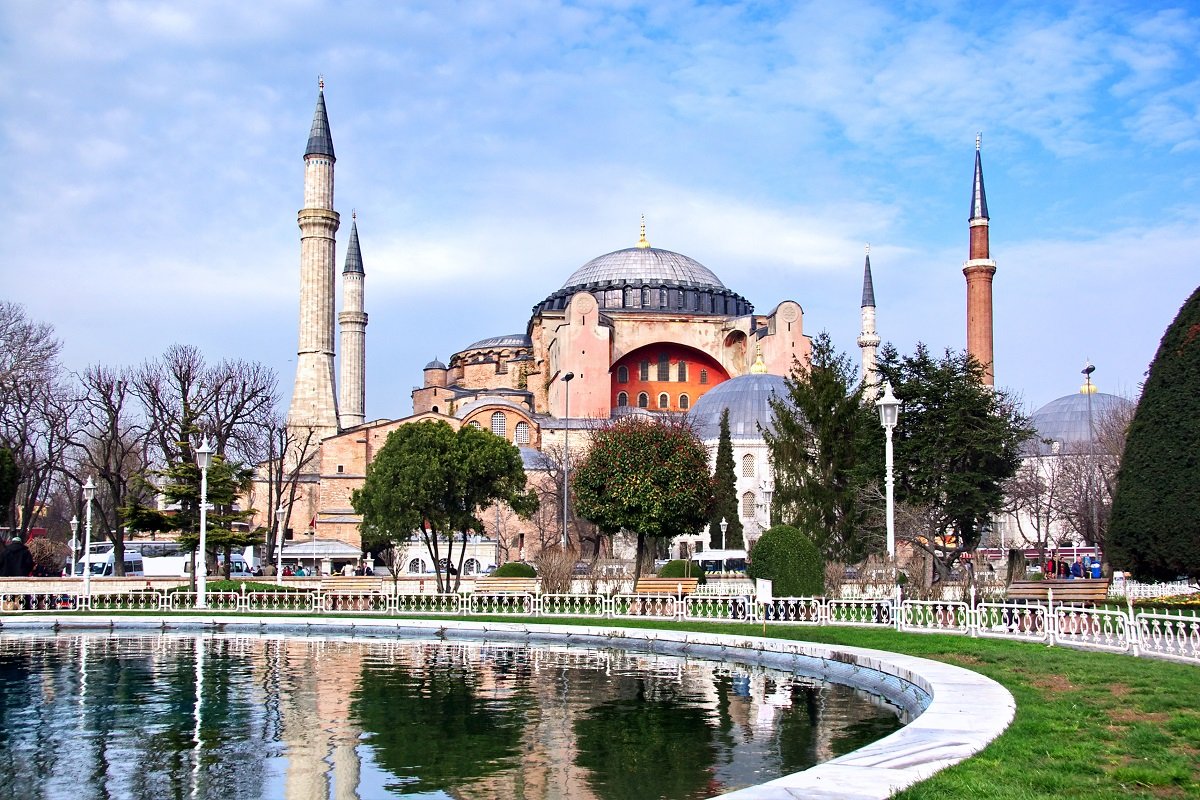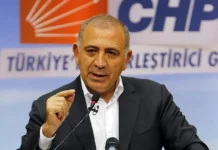The United Nations Educational, Scientific and Cultural Organization (UNESCO) asked Turkey to provide an updated report on the state of conservation of the iconic Hagia Sophia during a Friday meeting in China of UNESCO’s World Heritage Committee, international media reported.
UNESCO expressed “grave concern” over the fate of Istanbul’s most famous monument, which was recently converted back into a mosque, but Turkish authorities dismissed the comments as “biased and political” and said Ankara was astonished by UNESCO’s move.
The Turkish Foreign Ministry said the changes to Hagia Sophia had no negative impact on UNESCO standards. It said the Turkish government was “fully aware of its rights, prerogatives and responsibilities towards its properties on UNESCO’s World Heritage List.”
Turkish President Recep Tayyip Erdoğan restored the status of mosque to İstanbul’s Hagia Sophia museum with a presidential decree on July 13, 2020, following a top administrative court ruling.
Turkey’s Council of State announced it had annulled a 1934 government decree turning Hagia Sophia into a museum, ruling it was unlawful, paving the way for the building’s conversion back into a mosque despite international warnings against such a move.
Erdoğan said in a tweet that the Hagia Sophia would serve as a mosque “until the end of time.”
Interior Minister Süleyman Soylu thanked the president on Twitter for converting Hagia Sophia into a mosque. In a similar move, Culture and Tourism Minister Mehmet Nuri Ersoy thanked Erdoğan and said the building represented the “spirit of conquest.”
The conversion of the monument indicates Turkey’s disregard of cultural and religious values, the Parliamentary Assembly of the Council of Europe’s (PACE) Committee on Culture, Science, Education and Media said in a written statement last November.
The statement said the monument was a symbol of coexistence and dialogue between cultures and transcended individual religions. It added that changing the status of the monument from a museum to a mosque was a violation of its historical significance and was unacceptable.
In an opinion piece Heghnar Zeitlian Watenpaugh from the Berkley Center for Religion, Peace & World Affairs at Georgetown University said the change in status took place without any consultation with officials and stakeholders in Turkey. “Dissident voices were silenced under threat of being branded traitors. There was no international consultation, either.”
She pointed out that since the Hagia Sophia was on the UNESCO World Heritage List, Turkish authorities were obligated to give UNESCO prior notice of any change to its status. However, UNESCO was not informed or consulted in the process.















